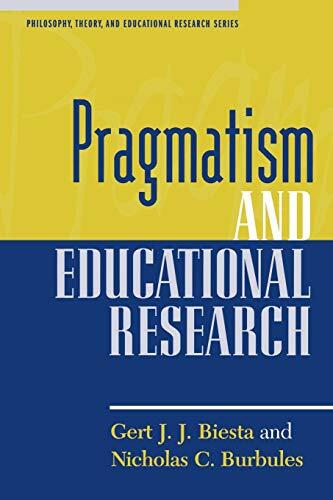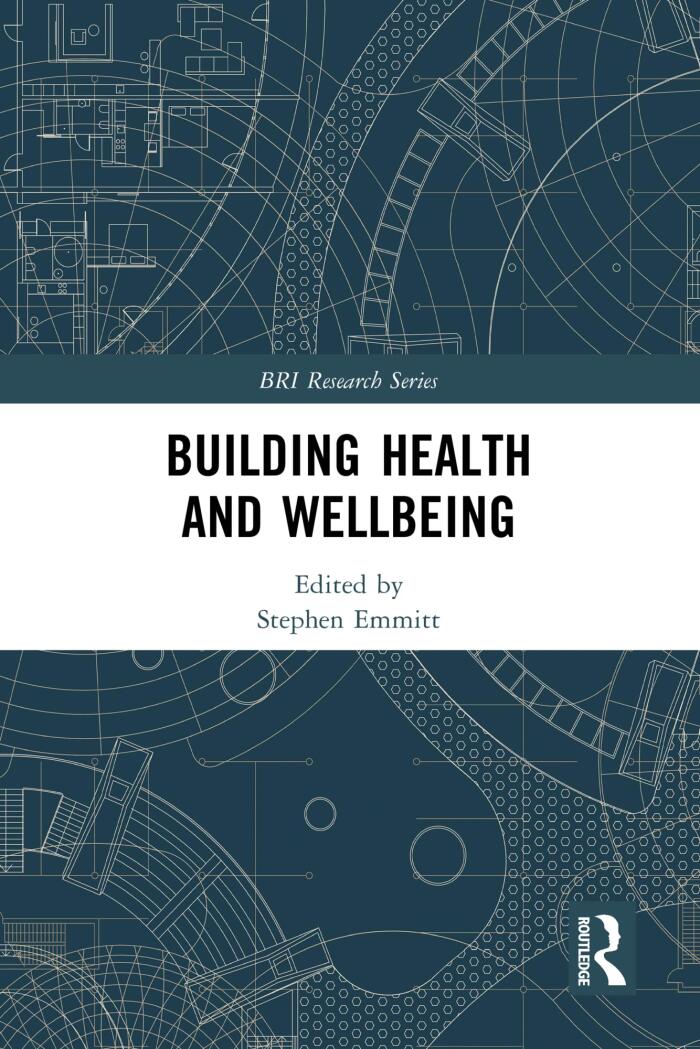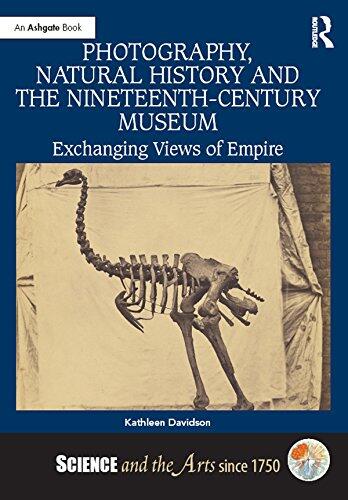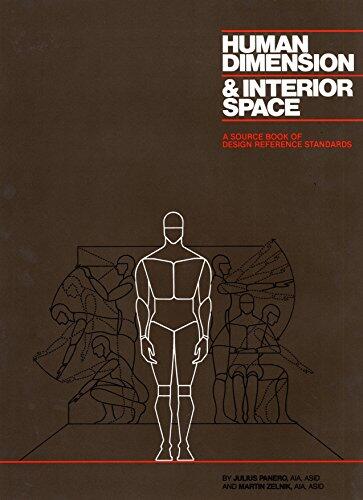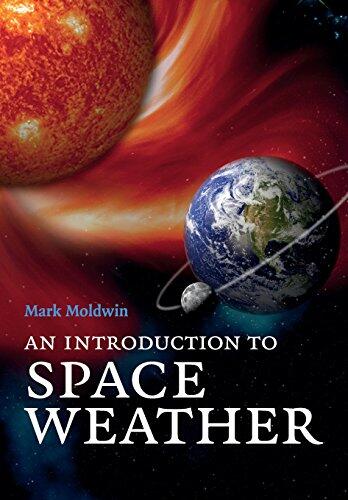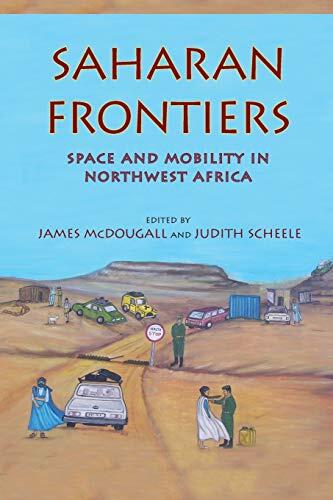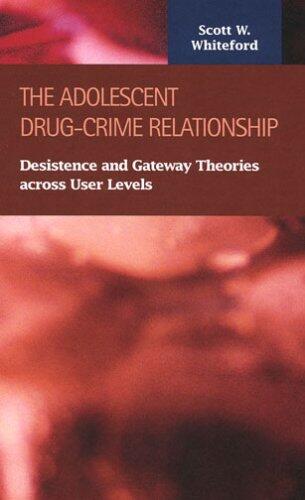
The Adolescent Drug-crime Relationship: Desistence and Gateway Theories Across User Levels
بواسطة
Scott W. Whiteford
لا توجد تقييمات بعد
Romance
Mystery
Young Adult
تنسيق
غلاف صلب
صفحات
212
لغة
الإنجليزية
منشور
Jan 17, 2007
الناشر
Lfb Scholarly Pub Llc
رقم ISBN-10
1593321929
رقم ISBN-13
9781593321925
الوصف
In a compelling exploration of the intricate link between adolescent behavior and substance use, Scott W. Whiteford delves into the complexities of drug-related crimes. The narrative weaves through well-established theories, such as desistance and gateway concepts, providing a nuanced understanding of how these factors interact among different levels of drug users.
Whiteford's work draws on a rich array of research and case studies, illustrating the various dimensions of adolescent life where drug use intersects with criminal activity. He carefully examines the social, psychological, and environmental influences that can drive youth toward or away from both substance abuse and illicit behavior.
The author also highlights the critical transition points in adolescence, offering insights on how early interventions and support systems can foster positive outcomes. By addressing the multifaceted nature of these relationships, Whiteford stands at the forefront of discussions on prevention, policy, and rehabilitation in the context of youth crime and substance use.
This thought-provoking analysis encourages readers to rethink conventional perspectives on crime and drug use, particularly in the adolescent population, challenging them to consider deeper systemic issues that contribute to these ongoing societal challenges.
Whiteford's work draws on a rich array of research and case studies, illustrating the various dimensions of adolescent life where drug use intersects with criminal activity. He carefully examines the social, psychological, and environmental influences that can drive youth toward or away from both substance abuse and illicit behavior.
The author also highlights the critical transition points in adolescence, offering insights on how early interventions and support systems can foster positive outcomes. By addressing the multifaceted nature of these relationships, Whiteford stands at the forefront of discussions on prevention, policy, and rehabilitation in the context of youth crime and substance use.
This thought-provoking analysis encourages readers to rethink conventional perspectives on crime and drug use, particularly in the adolescent population, challenging them to consider deeper systemic issues that contribute to these ongoing societal challenges.




